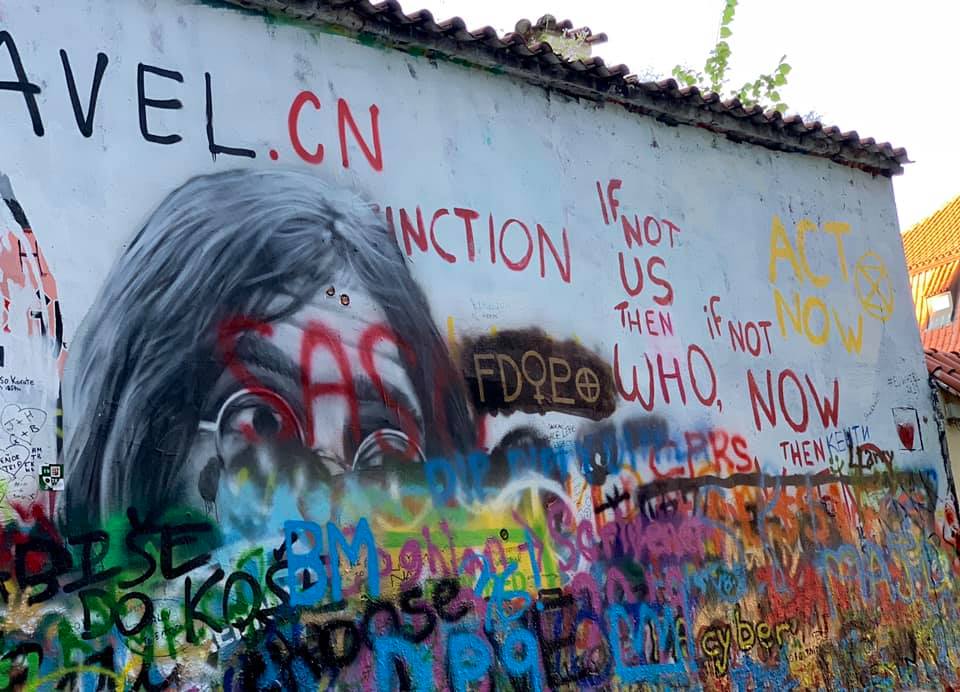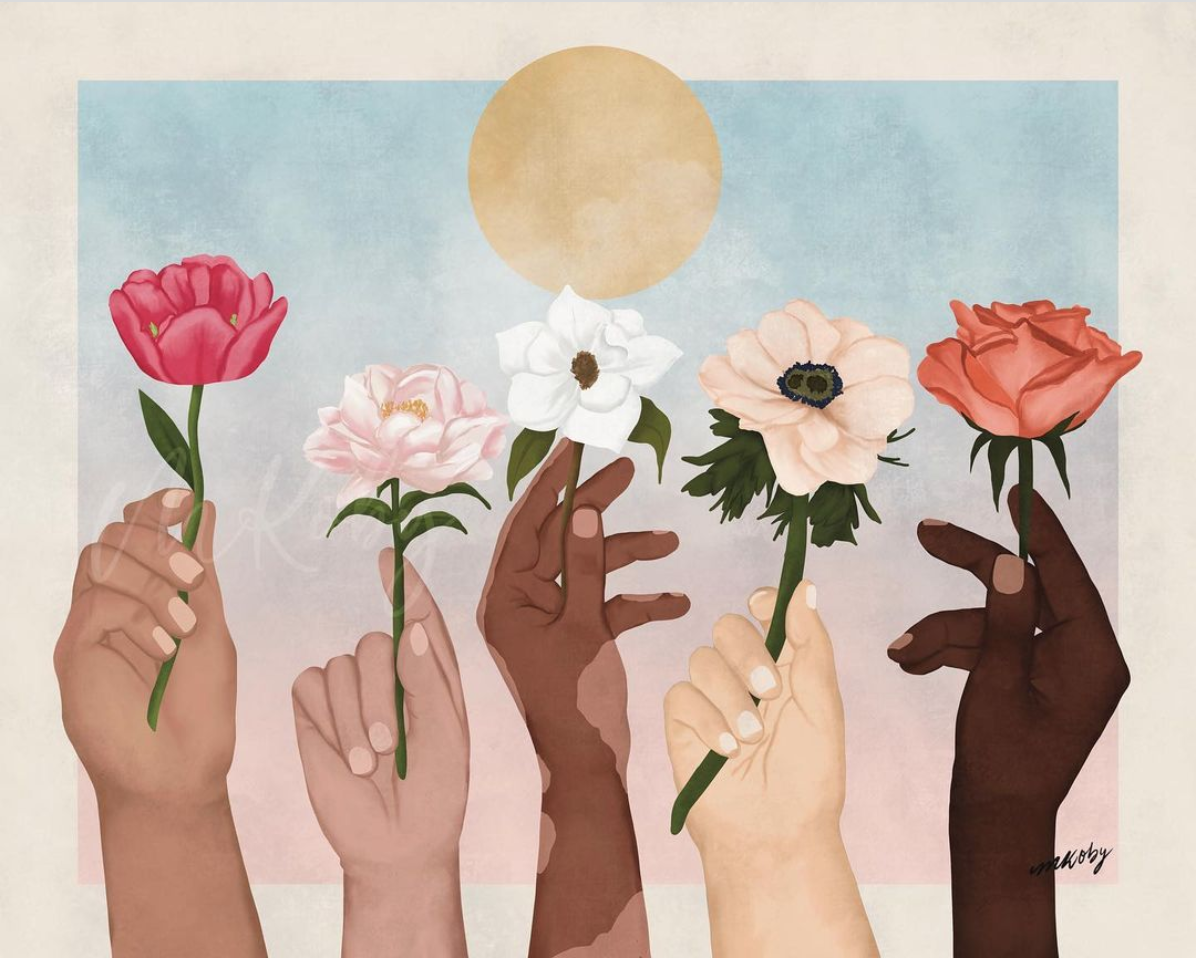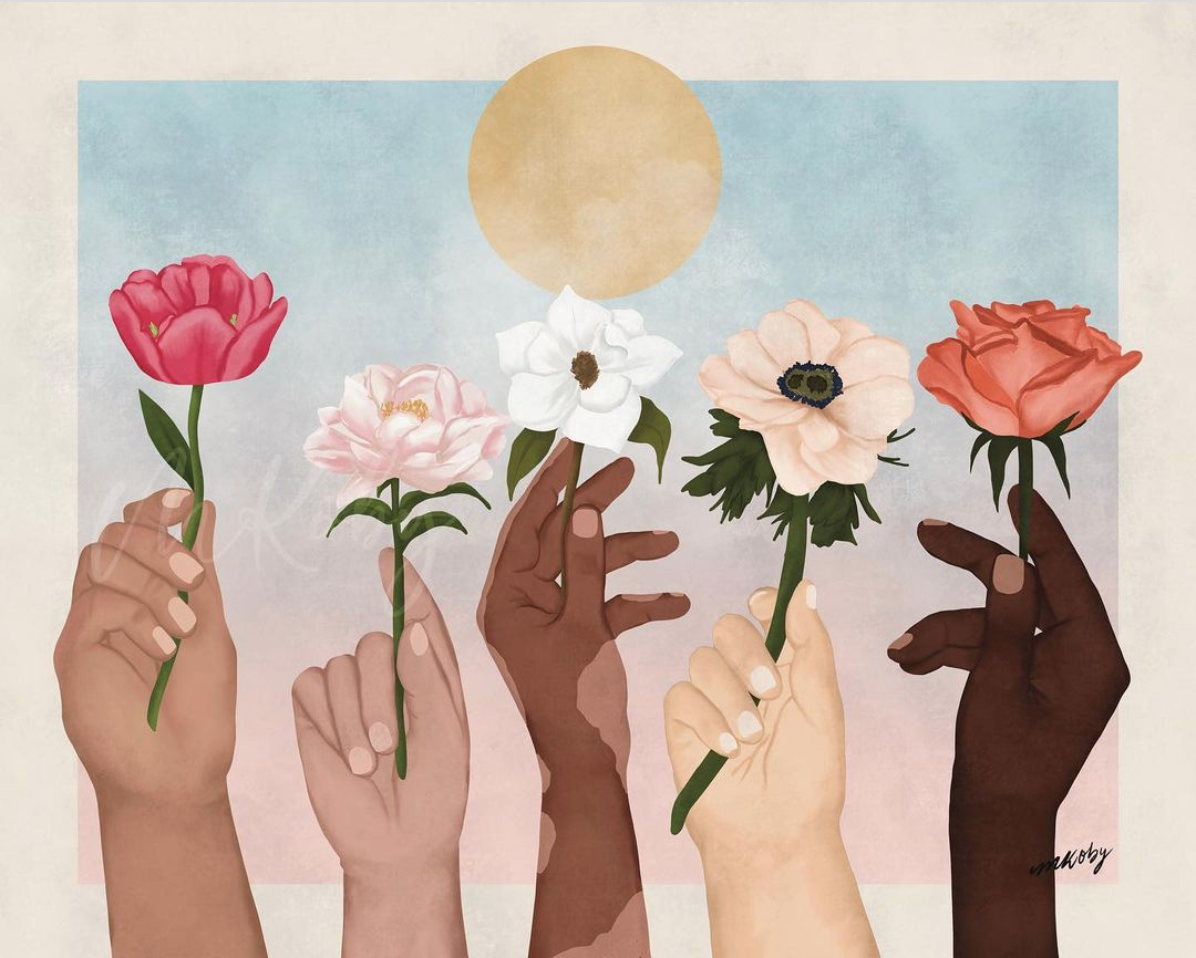- Teacher: Danielle Torres
Lewis & Clark Moodle
Search results: 596

- Teacher: Tamara Tribitt

- Teacher: Tamara Tribitt
- Teacher: Danielle Torres

- Teacher: Tamara Tribitt
- Teacher: Danielle Torres
- Teacher: Danielle Torres
- Teacher: Danielle Torres

- Teacher: Tamara Tribitt
- Teacher: Danielle Torres

diverse communities as identified by race,
ethnicity, gender, class, sexual orientation, age,
disability, or religion. Addresses methods for
positively impacting social and cultural diversity
and equity issues including the possible effects
of culture, race stereotyping, family,
socioeconomic status, gender, sexual identity,
language, and values on student development and
progress in the school setting. Content and
methodology emphasize small-group activities,
collaboration, and use of data to create equity
for all students. Candidates practice taking an
active role in supporting all students and focus
on eliminating the achievement gap.
- Teacher: Tamara Tribitt
- Teacher: Rafe McCullough
- Teacher: Rafe McCullough
- Teacher: Danielle Torres
- Teacher: Danielle Torres
- Teacher: Danielle Torres
- Teacher: Danielle Torres
- Teacher: Danielle Torres
- Teacher: Danielle Torres
- Teacher: Danielle Torres
- Teacher: Danielle Torres
- Teacher: Danielle Torres
- Teacher: Danielle Torres
- Teacher: Danielle Torres
- Teacher: Danielle Torres
- Teacher: Danielle Torres
- Teacher: Danielle Torres
- Teacher: Liza Finkel
- Teacher: Liza Finkel
- Teacher: Liza Finkel
- Teacher: Alfonso Garcia Arriola
This short exam for graduating biology majors will help the department assess the effectiveness of our current curriculum.
- Teacher: Paulette Bierzychudek
- Teacher: Kenneth Clifton
- Teacher: Greg Hermann
- Teacher: Sarah Warren
- Teacher: Sidra Kamran

- Teacher: Bruce Podobnik
- Teacher: Maryann Bylander
- Teacher: Maryann Bylander
society is organized and operates; the
relationship between social institutions and the
individual; sources of conformity and conflict;
the nature of social change.
- Teacher: Sarah Warren

- Teacher: Bruce Podobnik
- Teacher: Maryann Bylander
society is organized and operates; the
relationship between social institutions and the
individual; sources of conformity and conflict;
the nature of social change.
- Teacher: Jadee Carathers
- Teacher: Sarah Warren
FALL 2021: SOAN 110-01 INTRODUCTION TO CULTURAL ANTHROPOLOGY
MWF @ 9:10 – 10:10am, Miller Center, Room 205
COURSE INTRO: Anthropology is a four-field discipline, but cultural anthropology is the study of lived human experience as it is represented in and by symbolic, material, and virtual culture. Anthropologists, attend closely to everyday relationships between individuals and their immediate communities. Yet, we also study culture in the context of globalization because few individuals or particular cultural formations are isolated (or ever have been!) from broader political, market, and technological shifts. We have some standard and evolving methodological tools to facilitate our research and involvements in . Thus, anthropologists also study the varied forms of structural power that marshal the world’s inhabitants—human and otherwise—into complex networks! Our pace for this class is moderate.
- Teacher: Kim Cameron-Dominguez
- Teacher: Kabir Heimsath
- Teacher: Kim Cameron-Dominguez
- Teacher: Sepideh Bajracharya
systems of meanings and values through which
people orient and interpret their experience. The
nature of ethnographic writing and interpretation.
- Teacher: Sepideh Bajracharya
- Teacher: Kabir Heimsath
- Teacher: Kabir Heimsath
- Teacher: Kabir Heimsath
- Teacher: Kim Cameron-Dominguez
- Teacher: Sidra Kamran

- Teacher: Bruce Podobnik
- Teacher: Sidra Kamran
foundation for the design of concrete research
projects in sociology and anthropology.
Exploration of philosophies, ethics, and
epistemologies associated with qualitative and
quantitative research. Methods include participant
observation, interviewing, surveys, statistical
analysis, and textual interpretation.
Conceptualization, development, and writing of
effective research proposals.
- Teacher: Sidra Kamran
- Teacher: Sarah Warren
- Teacher: Kabir Heimsath
- Teacher: Oren Kosansky
- Teacher: Kabir Heimsath
- Teacher: Sepideh Bajracharya
- Teacher: Sepideh Bajracharya
- Teacher: Sepideh Bajracharya
theoretical and ethnographic topics in the
subfield of medical anthropology. Each semester
will explore a given topic (e.g., structural
violence, intersectionality, kinship and care,
death and dying, body and pain, addiction,
pharmaceuticalization, medical techniques and
technologies, illness narratives). Particular
emphasis on how subjective and phenomenological
experiences of illness shape and are shaped by
structural (sociocultural, political, historical,
physical, material) contingencies. Students will
engage in a semester-long ethnographic project.
Topics will always be health-studies-related.
- Teacher: Sepideh Bajracharya
- Teacher: Kabir Heimsath
- Teacher: Maryann Bylander
- Teacher: Kabir Heimsath
- Teacher: Maryann Bylander
- Teacher: Kim Cameron-Dominguez
- Teacher: Kabir Heimsath
- Teacher: Kabir Heimsath
- Teacher: Sarah Warren
- Teacher: Sarah Warren
- Teacher: Jesse Erwin
- Teacher: Jennifer Twyford
functions of school psychologists. Readings in
contemporary issues and historical events provide
the foundation for graduate preparation in school
psychology. Students observe the work of school
psychologists and discuss the profession in a
seminar format. This course is a practicum in
school-based systems, and includes overviews of
the theories and practices for school-based
emotional, behavioral, social, and academic
change.
- Teacher: Jennifer Twyford
- Teacher: Jennifer Twyford
A Colloquium is an academic seminar on a broad, field of study, usually led by a different, lecturer at each meeting. This Colloquium will be, focused on the broad field of School Psychology,, and all candidates across all three cohorts of, the school psychology program are required to, attend in order to address, together, relevant, topics of the profession that concern us all. The, Colloquium meets four times per academic year,, with a different topic as the focus for each, meeting. These four topics include: 1) Issues in, Practicum and Internship Supervision; 2), Variations of the Practice of School Psychology;, 3) Alumni Relations and Mentorship; and 4), Cross-Professional Collaboration. The School, Psychology Colloquium challenges school, psychology candidates to address issues of, concern across all three cohorts while, simultaneously providing mentorship across these, cohorts through conversation, guidance, and, shared information. Course goals for participants, include: a. Engaging with the data, research and, theory regarding topics of shared concern in the, field of school psychology b. Gaining an, understanding of the practices of mentorship,, supervision and on-going professional development, in the field of school psychology c. Gaining an, understanding of the variation and different, forms of practice within the field of school, psychology at the local, national and, international level. d. Engaging with related, professionals in the field of education regarding, topics of shared concern in an effort to better, differentiate and integrate as working, professionals.
- Teacher: Elena Diamond
- Teacher: Kate Jaspers
- Teacher: Peter Mortola
A Colloquium is an academic seminar on a broad, field of study, usually led by a different, lecturer at each meeting. This Colloquium will be, focused on the broad field of School Psychology,, and all candidates across all three cohorts of, the school psychology program are required to, attend in order to address, together, relevant, topics of the profession that concern us all. The, Colloquium meets four times per academic year,, with a different topic as the focus for each, meeting. These four topics include: 1) Issues in, Practicum and Internship Supervision; 2), Variations of the Practice of School Psychology;, 3) Alumni Relations and Mentorship; and 4), Cross-Professional Collaboration. The School, Psychology Colloquium challenges school, psychology candidates to address issues of, concern across all three cohorts while, simultaneously providing mentorship across these, cohorts through conversation, guidance, and, shared information. Course goals for participants, include: a. Engaging with the data, research and, theory regarding topics of shared concern in the, field of school psychology b. Gaining an, understanding of the practices of mentorship,, supervision and on-going professional development, in the field of school psychology c. Gaining an, understanding of the variation and different, forms of practice within the field of school, psychology at the local, national and, international level. d. Engaging with related, professionals in the field of education regarding, topics of shared concern in an effort to better, differentiate and integrate as working, professionals.
- Teacher: Elena Diamond
- Teacher: Jennifer Twyford
- Teacher: Elena Diamond
- Teacher: Elena Diamond
- Teacher: Elena Diamond
Didactic class instruction, practicum placement,, and clinical training related to work as a, professional school psychologist. Covers the, application of psychological therapies with, children, adolescents, and families in educational, settings, as well as skills involved in collecting, data for consultation and assessment at the, practicum site. Foci will include the development, and application of diversity awareness and, knowledge including systems of power and, privilege; awareness of one's own beliefs, biases,, and prejudices; and methods/skills for working, with those who are diverse in culture, race,, ethnicity, gender, age, sexual orientation, or, physical or mental ability. In weekly seminars,, students review research, theory, and practice., Students also present audio and/or video, recordings of their counseling for supervisory, review.
- Teacher: Elena Diamond
- Teacher: Colleen Hanson
- Teacher: Elena Diamond
- Teacher: Elena Diamond
- Teacher: Elena Diamond
- Teacher: Cynthia Panko
- Teacher: Akanee Siyufy
- Teacher: Mariana Rocha
may obtain a course description from the
department office or website.
- Teacher: Cynthia Panko
functions of school psychologists. Readings in
contemporary issues and historical events provide
the foundation for graduate preparation in school
psychology. Students observe the work of school
psychologists and discuss the profession in a
seminar format. This course is a practicum in
school-based systems, and includes overviews of
the theories and practices for school-based
emotional, behavioral, social, and academic
change.
- Teacher: Jennifer Twyford
- Teacher: Jennifer Twyford
- Teacher: Blythe Knott
- Teacher: Nicole Schneider
- Teacher: Kaitlin Sommerfeld
- Teacher: Yueping Zhang
This is a Moodle course shell for a question bank.
- Teacher: Sidra Kamran
language. Explores the methodology linguists use
to investigate language, as well as the ways in
which language study interacts with other
disciplines. The structures underlying individual
languages, language families, and human language
generally. The degree to which language is shaped
by the society in which it is used, how it
changes over time, and its complex relationship
to the human brain. Readings and firsthand
investigation.
- Teacher: Catherine Sprecher Loverti

- Teacher: Kate Schoeneman

- Teacher: Kate Schoeneman